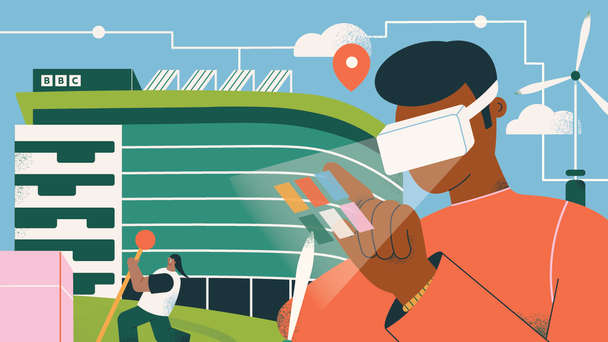There was a clear sense that the social media landscape is changing and fragmenting – the age of very large platforms that present a ‘global timeline’ to millions or billions of users is ending, and it is not clear what will replace them. Our analysis suggests the eventual emergence of some kind of aggregator, which would pull together disparate social feeds on behalf of a user. If it happens, this aggregator is likely to be built around a new set of interface paradigms and assumptions about user needs, and unlikely to appear for at least a few years.
I think this report was begun a little while before reddit’s enshittification and we are currently using the aggregator they’re talking about (Lemmy + PixelFed + Mastodon, etc.). Also, Lemmy had existed sometime before reddit’s poopoo-bambam, but I’m not sure for how long. A bit of an oversight, but I suppose it was rather obscure beforehand.
This is the best summary I could come up with:
Late in 2022, we began a straightforward-sounding research project: compile a list of technologies that we should be paying attention to in BBC Research & Development over the next few years and make some recommendations about their adoption to the wider BBC.
As I’m sure you’ve already guessed, things didn’t turn out quite so straightforward.
By the end of the project, we’d interviewed twenty-two people from the fields of science, economics, education, technology, design, business leadership, research, activism, journalism, and many points between.
The next section, A divided world, also covers big-picture context and outlines some of the social and economic drivers our interviewees see playing out over the next few years.
The AI boom and New interactions go into detail on specific technologies and use cases our interviewees think will be significant.
Finally, The case for hope bundles up some of the reasons our interviewees see to be hopeful about the future — provided we are willing to act to bring about the changes we’d like to see in the world We wanted to get a sense of significant technologies and platforms; we also gained a sense of the wider social, political, and economic contexts that would be affecting the BBC and our audiences in the coming years.
The original article contains 339 words, the summary contains 209 words. Saved 38%. I’m a bot and I’m open source!




